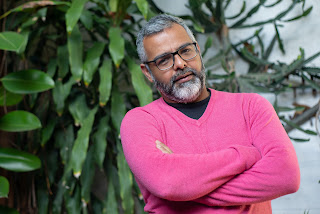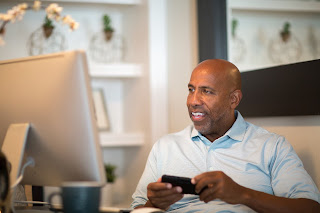Identity and Meaning in Retirement

Larry Gard, Ph.D. Some people struggle when contemplating retirement because so much of who they are is wrapped up in their job. Reverend William James Byron wrote about this dilemma succinctly, noting “if you are what you do, when you don’t, you aren’t”. Is your identity as diversified as your portfolio? Our personal identity can be threatened by the loss of our work role, particularly if we have not developed other facets of ourselves outside of work. It’s analogous to diversification in the financial world. You’re better able to handle a downturn in the market if your holdings are diversified. Similarly, you’ll be better positioned to deal with the loss of your work identity if you have fostered other sides of your identity. Many individuals have been fully immersed in their business or career, either by choice or necessity, leaving little opportunity to cultivate other interests that reflect their identity. But...



